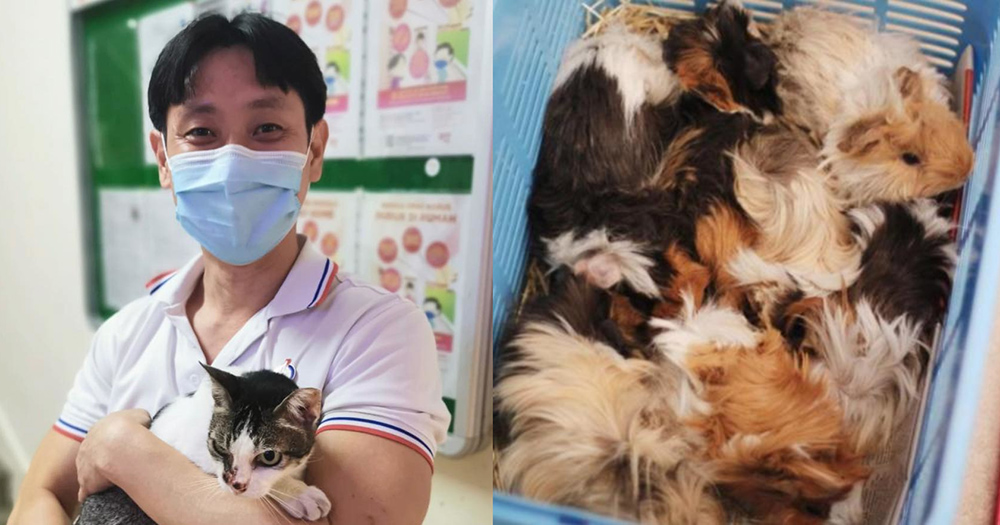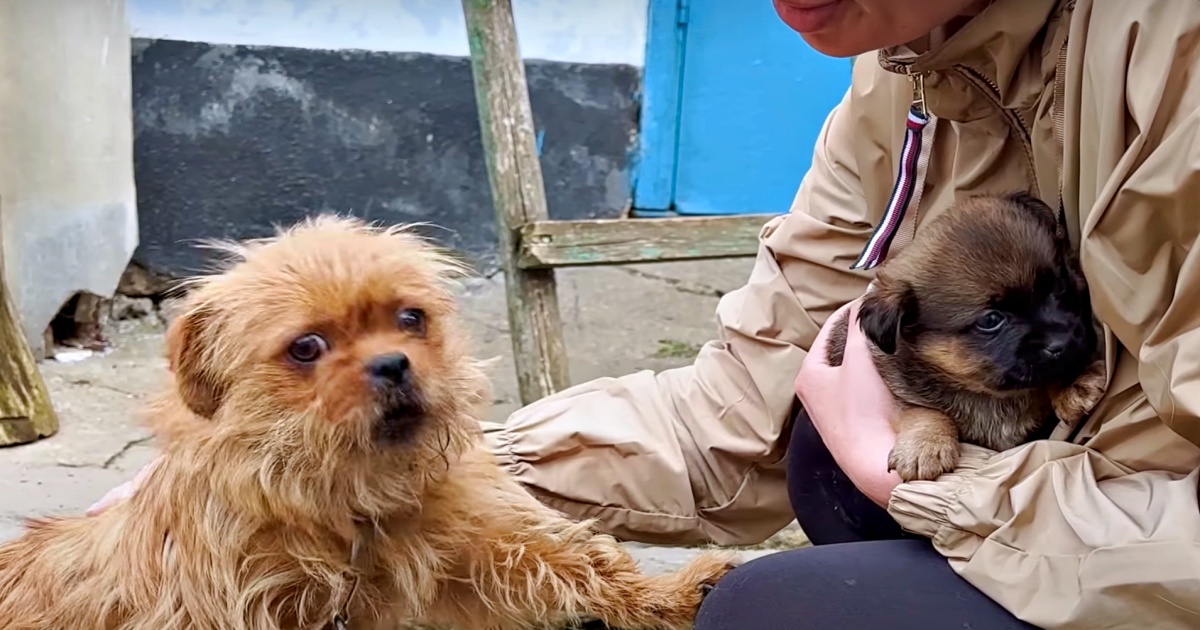
Those who abuse animals might face stiffer penalties, such as a lifetime ban on owning animals, especially if they are a repeat offender.
In addition, the penalties for animal abuse should be “harmonised” with those pertaining to animal trafficking.
These were some of the details Member of Parliament (MP) Louis Ng shared with Mothership about a White Paper which he intends to submit to the government, proposing tougher legislation against animal cruelty.
A White Paper is a policy document issued by the Government to explain or discuss matters, and are often presented for debate in Parliament.
Ng is also the founder of Animal Concerns Research and Education Society (ACRES).
The MP added that a major reason for the formulation of the White Paper was due to the number of animal abuse cases reported in 2023 — the highest in 11 years with 915 cases reported.
He also shared these details with the public on Jul. 14 at the the Nee Soon Public Forum On Animal Welfare Policies, along with Home Affairs Minister K Shanmugam, according to The Straits Times.
Disqualification from owning animals or running pet-related services currently up to a year
Ng told Mothership that one issue which emerged at the forum was the period of time where those who are convicted of animal cruelty are disqualified from owning animals or operating an animal-related service.
Under the Animals and Birds Act (ABA), any one who is convicted of animal cruelty may be fined S$15,000, jailed up to 18 months, or both.
Repeat offenders can face a maximum fine of S$30,000, or a jail term of up to three years, or both.
In addition to these penalties, if the offender is a pet owner or operates an animal-related service, they may be disqualified from owning any animal for a period of up to one year.
It was this disqualification penalty that Ng took issue with, on the grounds that it is insufficient in dealing with repeat offenders.
For such cases involving repeat offenders, the court should be able impose to up to a lifetime ban, he said.
Ng also claimed that the penalties for animal cruelty appear to be only a fraction compared to those for animal trafficking.
He pointed out that currently, under the Endangered Species (Import and Export) Act (ESA) the maximum fine for an individual who engages in the illegal trade of Appendix I species — that is, species which are threatened with extinction — is S$100,000 per specimen.
The penalties between animal abuse and animal trafficking should therefore be “harmonised”, he said, details of which will be included in the White Paper.
Stricter enforcement and guidelines needed for dog breeders
Ng also touched on the issue of dog breeders, calling for stricter enforcement.
He noted that in 2023, 19 out of 22 licensed dog breeders had failed to meet the stricter licensing guidelines that kicked in on Apr. 1, 2022.
The guidelines include a prohibition on practices such as inbreeding, breeding pets with known harmful heritable conditions, and mandating post-retirement care for breeding dogs.
“Perhaps we need to step up enforcement to ensure that pet breeders comply,” he said.
White Paper will include suggestions from Jul. 14 forum
ST also quoted Ng as saying that the White Paper will be wide-ranging and include policy suggestions and feedback from the public forum.
“I would say that this is a little bit sad – this will be the first motion in Parliament on animal welfare in the history of Singapore,” he said.
Top photo from Louis Ng's Facebook & SPCA





